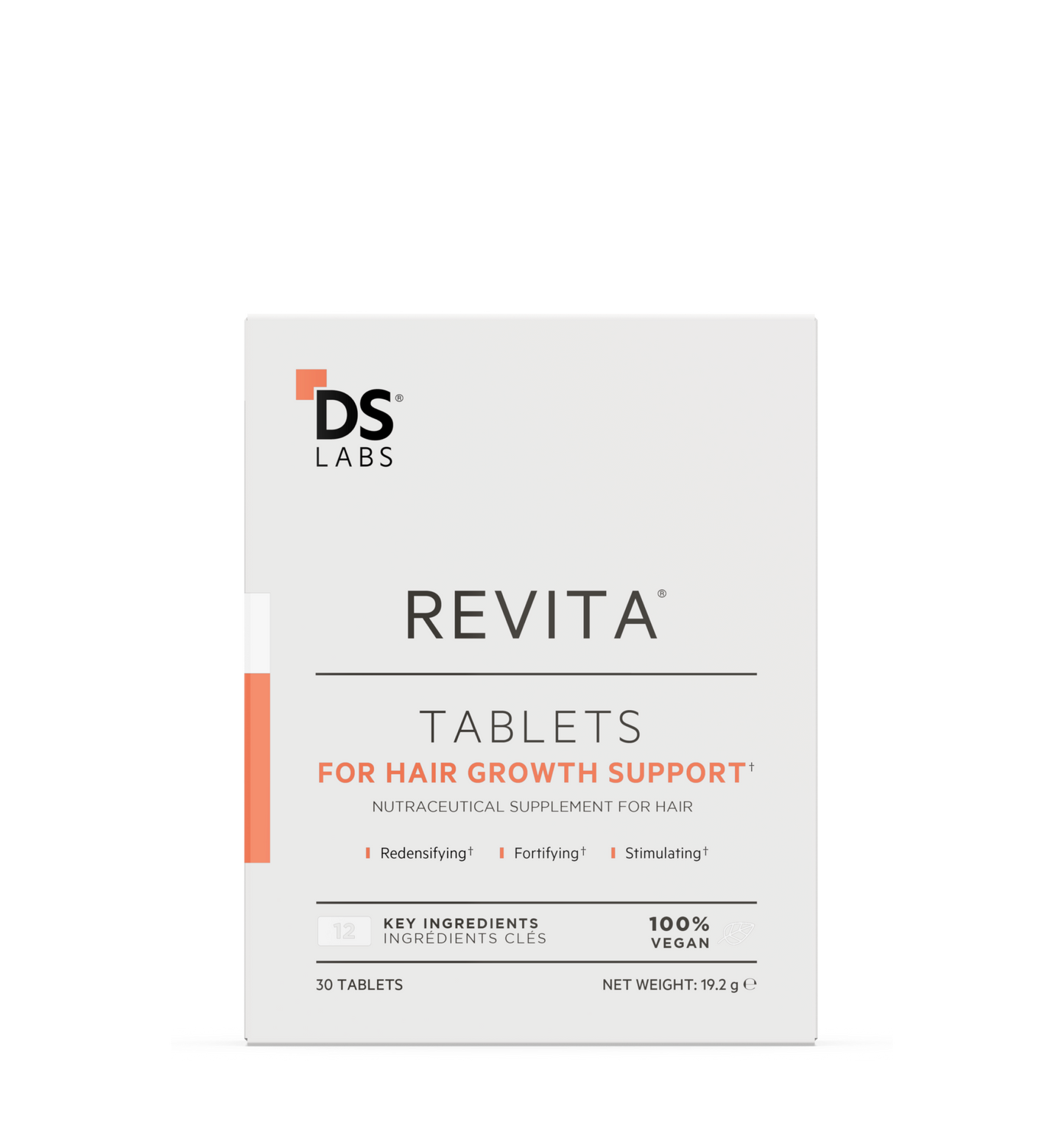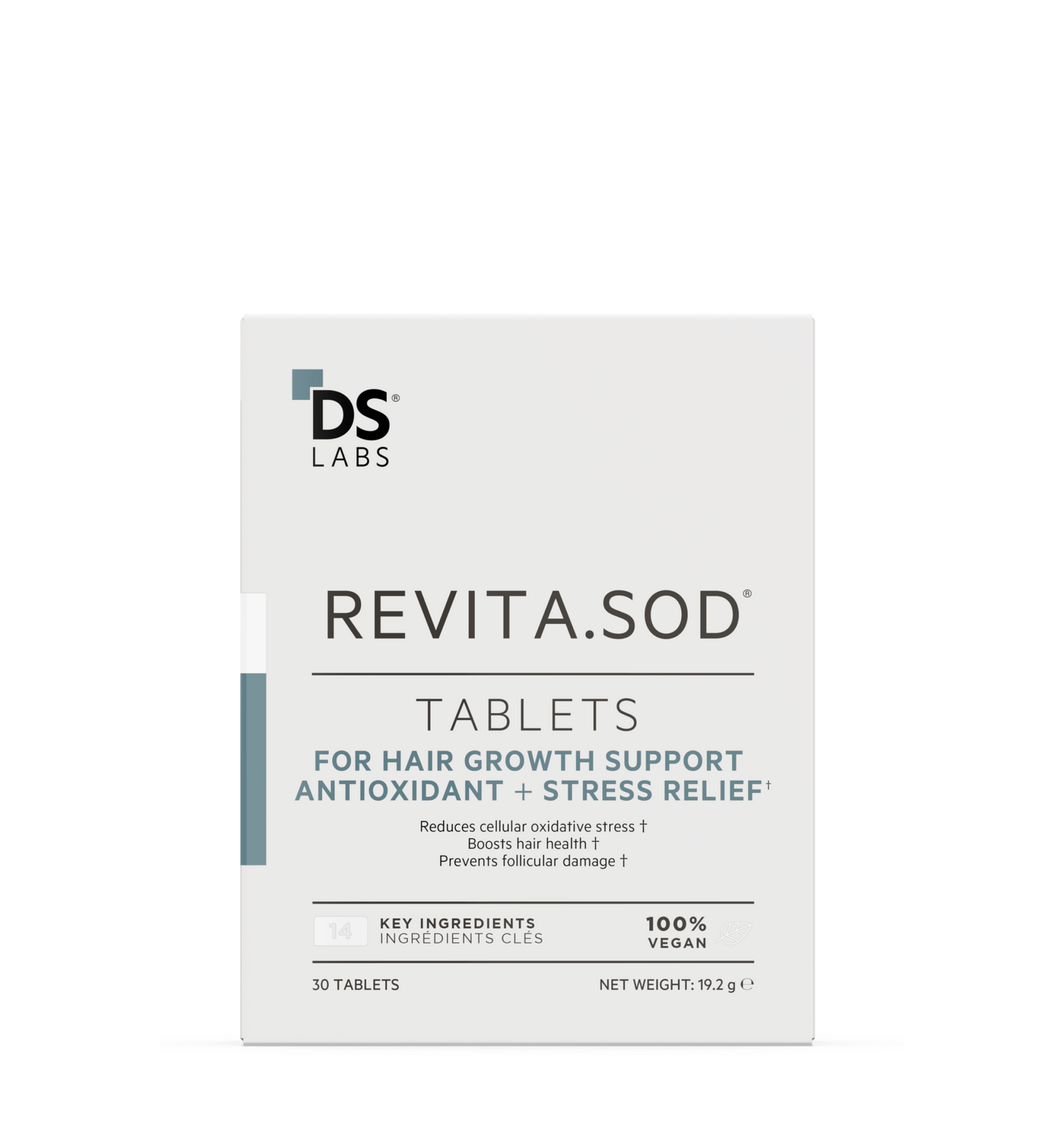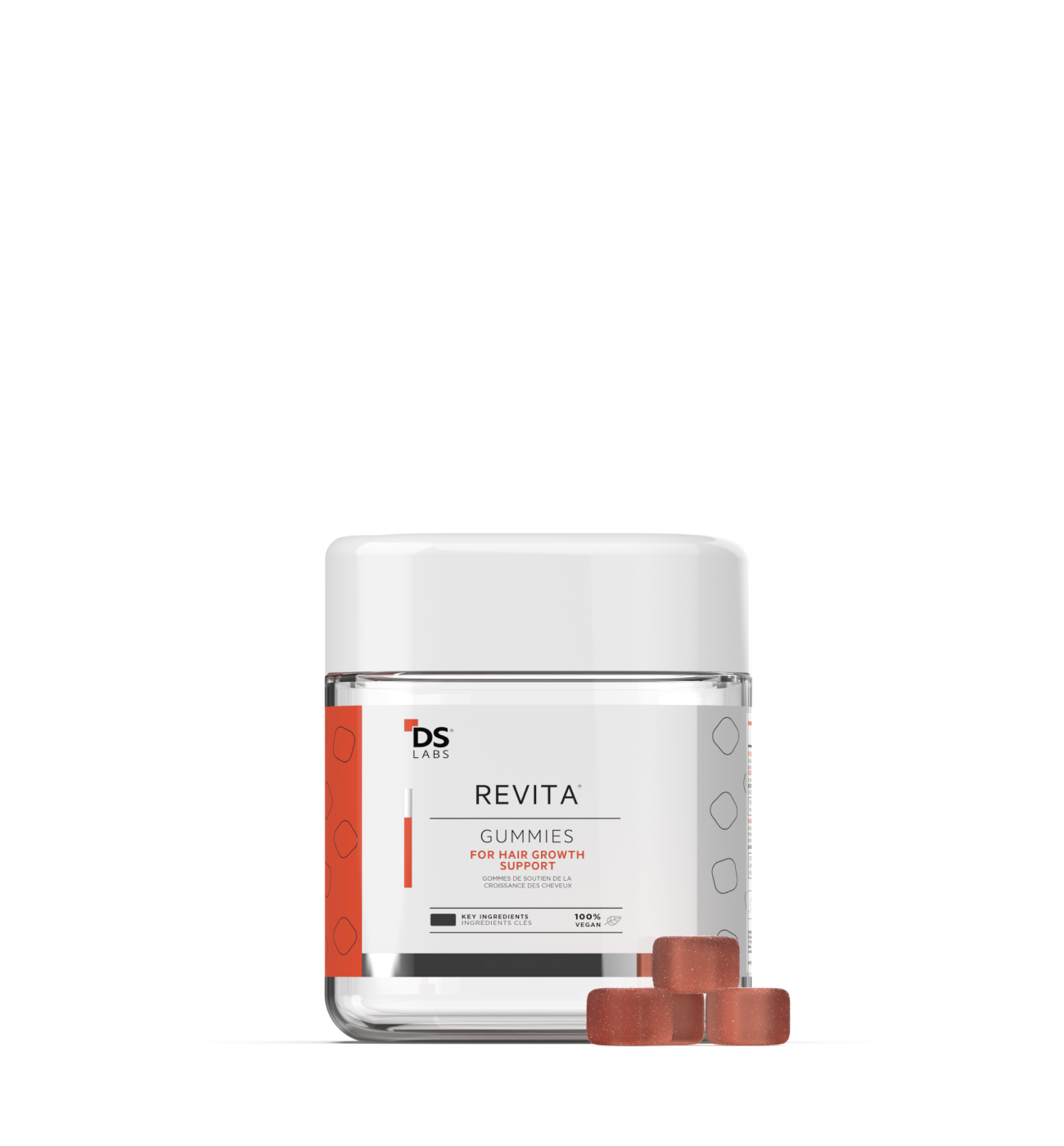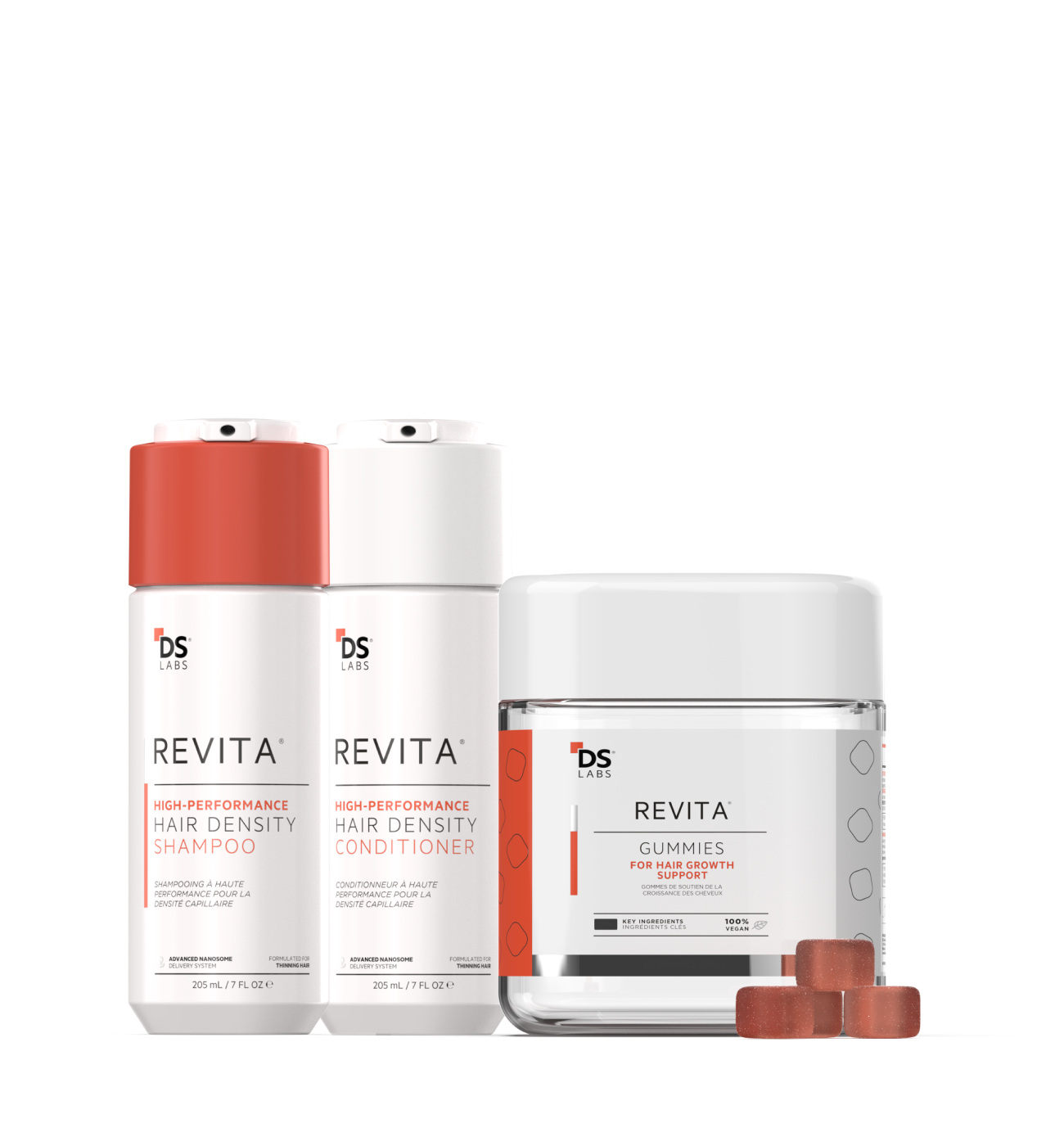Are hair problems like hair loss and thinning getting the best of you? You may be considering using popular hair supplements or vitamins to solve the issues.
But what are hair supplements and vitamins? Do they even work? Which is more effective for your hair issues?
If these and other such questions have been plaguing your mind, you’ve come to the right place!
Keep reading for all you need to know about hair supplements and vitamins, and lay rest to all your queries around them.
Is There a Difference Between Hair Supplements and Hair Vitamins?
There is little difference between vitamins and supplements beyond the particular list of ingredients. They are both ingestible hair care products and contain vitamins and minerals in various formulations.
Some may also come with herbal ingredients or food content.
Do Hair Vitamins and Supplements Work?
This question is difficult to answer because research has been inconclusive.
Hair vitamins and supplements are designed to resolve specific hair issues in cases where the root of the problem is nutrient deficiency. When ingested, they give the body the vitamins and minerals needed to improve hair health.
However, poor hair health can result from many factors besides nutrient deficiencies, such as aging, genetics, hormonal imbalances, hygiene habits, products used, etc. So supplements and vitamins may not always help with some hair conditions or improve hair growth.
The following section might help you understand if your hair problem stems from a deficiency and which vitamin or supplement can best mitigate symptoms.
What Are Hair Supplements and Hair Vitamins Good For?
Depending on the hair condition and nutrient deficiency, you can try vitamins or supplements that contain one or more of the below-mentioned nutrients.
Note that taking excess amounts of nutrients will not result in any improvement and may further worsen your health.
1. Biotin
Biotin, or vitamin B7, strengthens protein structures that make up your hair, skin, and nails. Biotin deficiency leads to hair loss, brittle nails, and rashes.
While you can consume biotin-rich foods, supplements are best at reversing deficits quickly.
2. Iron
Iron supports many mechanisms in the body's healthy functioning. While studies do not support the use of iron supplements in treating hair issues, iron does play a role in patterned hair loss.
If you want to try taking iron supplements, consult a healthcare professional and monitor iron levels consistently.
3. Vitamin C
Vitamin C works in multiple ways to maintain good hair health. A deficiency may result in hair-splitting, bleeding gums, poor wound healing, and nose bleeds.
It has antioxidant properties that neutralize free radicals and reduce oxidative damage to your hair.
4. Vitamin D
Studies show vitamin D supports multiple signaling pathways of growth and differentiation of hair follicles. This means a deficiency of vitamin D may contribute to hair loss by obstructing the natural hair cycle processes.
5. Zinc
Zinc plays an essential role in DNA and RNA production. Healthy zinc levels are linked to normal hair follicle division and, thereby, healthy hair growth.
Zinc supplementation has been shown to provide great results in patients with alopecia areata.
6. Omega 3 and 6
Omega 3 and 6 are key to healthy cholesterol-derived layers in skin cells. They promote scalp circulation and prevent hair follicle inflammation.
Studies support the action of omega 3 and 6 supplements in reducing hair loss and improving hair density.
7. Selenium
Selenium works similarly to vitamins C and E. It reduces oxidative stress in the body and boosts hair health.
8. Protein
Protein is the building block of hair and a common deficiency in vegan or vegetarian diets.
Research suggests protein supplements can help reduce hair loss and promote hair growth in women with temporary hair thinning.
How To Choose Hair Supplements?
Since dietary supplements and vitamins aren’t regulated by the Food and Drug Administration, you must do your due diligence and pick only the best products.
Here are some options to consider regardless of your hair concerns:
- Revita Tablets (to improve hair growth and reduce hair loss and thinning)
- Revita Gummies (to improve hair growth)
- SOD (to reduce stress-related hair troubles)
How Long Will It Take for Hair Supplements to Show Results?
It may take a while to see the results from hair supplements and vitamins. With regular consumption for two to six months, your hair may become noticeably stronger and thicker. Your hair problems may disappear altogether.
The timeline for visible results may vary depending on certain underlying conditions, your hygiene habits, genetics, and other factors.
The Bottom Line
Beautiful, thick, shiny hair is a sign of good health, and poor hair condition can signal nutrient deficiency or a chronic illness.
Hair supplements and vitamins can prove a powerful remedy if you have a nutrient deficiency-related hair issue. But make sure only to take them after careful consideration and professional consultation.















